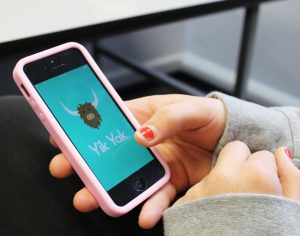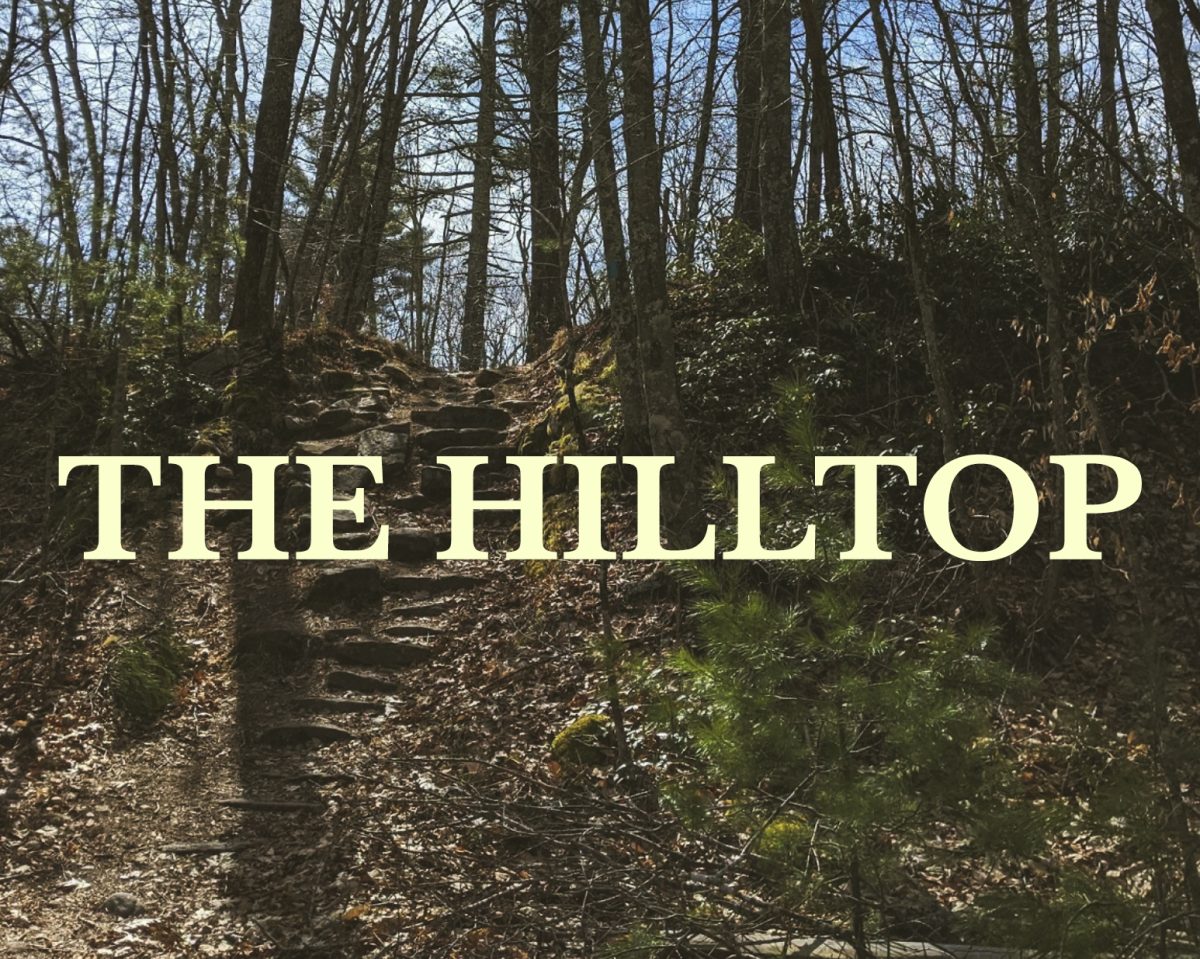
Principal Stephen Imbusch emailed all Walpole High students and faculty on September 7, 2014 about potentially threatening posts made on Yik Yak – a phone application that allows users to post ideas anonymously. The Yik Yak post stated, “I’m going to come out on Wednesday in a big way hope you’re ready WHS.” A user also posted a second threat toward the Walpole Police Department within a day. In response, the school arranged for increased police presence on Wednesday, September 10; however, classes proceeded normally and no dangerous activities occurred.
Known for threatening posts, the Yik Yak application serves as a platform for anonymous comments posted from users within a geographical radius of 1.5 miles. Because of the anonymity, users feel free to post negative comments without facing repercussions. This anonymity and the rapid technological development present a number of problems for Mr. Imbusch and the community.
How can the community prevent users from posting negative comments on public forums? How can the students become more aware of using technology responsibly if the parents and administrators are unaware of that technology?
How far should school policies extend to online actions by students?
For instance, although students may not be in the school building, they can still receive school consequences for their actions online.
“One of the biggest issues we deal with is bullying, because the bullying laws that we have to abide by are very clear about something happening on social media, or even something that’s not on social media but is happening outside of the school, that effects what is going on inside the school,” Mr. Imbusch said.
In a September survey of 83 students from each grade at Walpole High, 65% of students believe that the principal should not get involved in social media, and another 26% said they were not sure.
“It’s for our personal use and they should not keep track of our lives outside of school,” said senior Corey Lynch. Although most students regard administration’s involvement as unnecessary, some understand the benefits of the school’s ability to reduce threats made online.
Sophomore Daniel Mullen said, “If they get involved, it can keep people safe from bullying and school shootings, but I don’t like how it’s an invasion of privacy.”
Although the use of Yik Yak has received heightened attention, a surprising amount of students do not have the app. Only 36% of the surveyed students have the app on their phones, as many regard the concept of the network as “stupid” and unnecessary. The other 64% of the student body seems to agree with Mr. Imbusch’s advice: “If you wouldn’t say it to someone’s face, don’t say it on social media.”
Considering the anonymity and speed of these new technologies, the community — students, parents and administrators — will need to continue to reevaluate their roles in combating online threats as socialization progressively moves beyond the halls of the high school itself.








